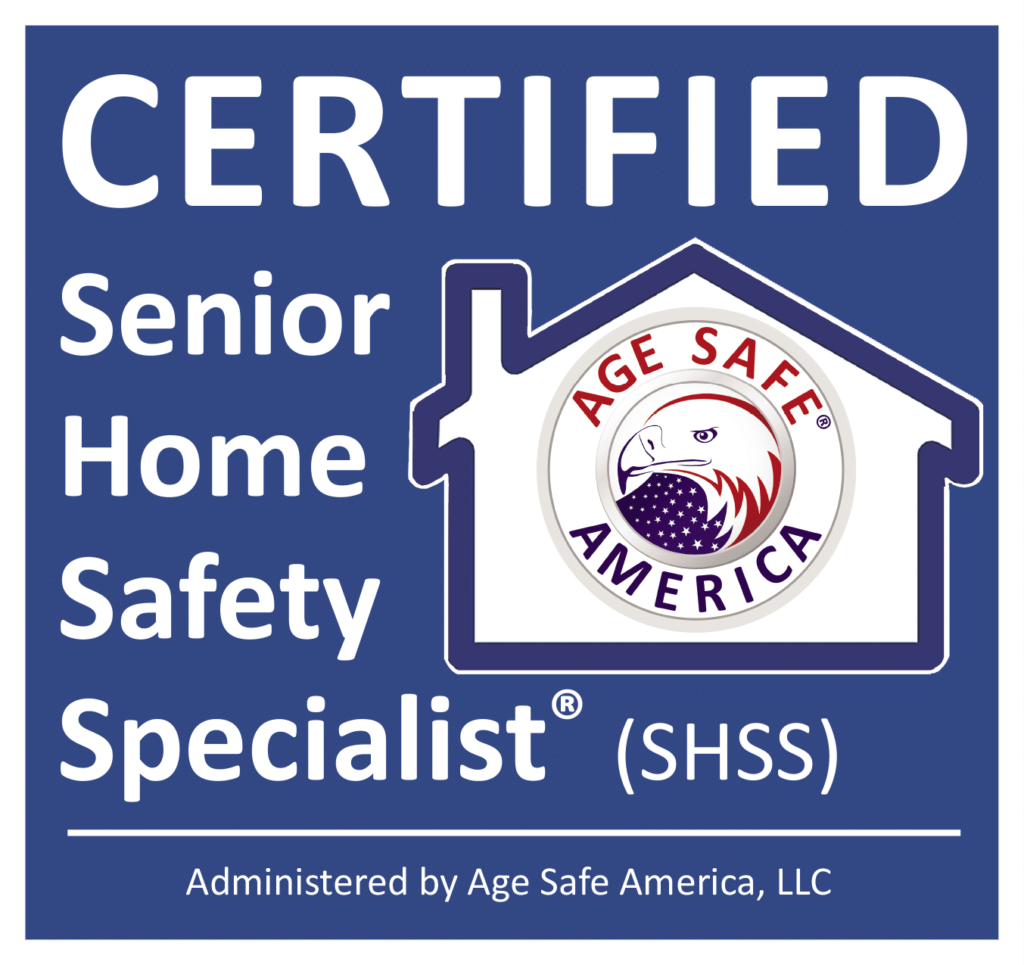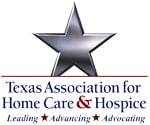Falls are a major concern for seniors, as they can result in hospitalization, long-term care, and even death. According to the Centers for Disease Control and Prevention (CDC), one in every four Americans aged 65 and older falls each year, with falls being the leading cause of fatal injury and the most common cause of non-fatal trauma-related hospital admissions among this age group. The good news is that non-medical home care can help seniors reduce their risk of falling at home.
Statistics About Seniors and Falling
- Every 11 seconds, an older adult is treated in the emergency room for a fall. (CDC)
- Falls are the leading cause of fatal injury among seniors aged 65 and older. (CDC)
- Falls cost an estimated $50 billion annually in direct medical costs. (National Council on Aging)
“Falls can have a devastating impact on older adults and their families. It is important that we work together to prevent falls and improve the quality of life for seniors.” – National Council on Aging
What is a Home Fall Risk Assessment?
A fall risk assessment is a thorough assessment of a senior’s risk of falling at home. This evaluation includes a physical and environmental assessment of the factors that contribute to falls, such as vision, mobility, medication management, and home safety.
A physical exam and laboratory tests may also be included in an assessment to identify underlying medical conditions that may increase the risk of falls, such as anemia, osteoporosis, or balance disorders.
A fall risk assessment will assist the home care provider in developing a care plan that addresses each senior’s specific needs and risks, such as modifying the home environment, providing physical therapy, or managing medications.
“Home care can play a critical role in reducing the risk of falls for seniors in the home, helping them to stay active, engaged, and healthy.” -Home Care Association of America
How Can Non-Medical Home Care Help Seniors Avoid Falls?
Non-medical home care offers a variety of services to help seniors stay at home, such as assistance with activities of daily living such as bathing, dressing, and toileting, as well as light housekeeping and meal preparation.
Home care providers can also help with medication management, appointment scheduling, and transportation. Furthermore, home care providers can assist seniors in maintaining their physical and cognitive health through exercises and mental stimulation such as reading, playing games, and going for walks.
All of these services can assist seniors in remaining active, engaged, and healthy, lowering their risk of falling.
How Does Home Care Provide Respite for Family Caregivers?
Home care, in addition to assisting seniors, can also assist family caregivers by providing respite and reducing caregiver stress. Caregiver stress can lead to burnout, depression, and physical and mental health issues, all of which can have an impact on the caregiver’s and the senior’s health and well-being. Home care can provide a break from the physical, emotional, and financial demands of caregiving, allowing the family caregiver to recharge and maintain their own health and well-being.
In conclusion, non-medical home care can help seniors avoid falls in the home by providing a wide range of services to support their physical and cognitive health, as well as providing respite for the family caregiver. A fall risk assessment can help the home care provider develop a care plan that addresses the specific needs and risks of each senior, reducing the risk of falls and improving the quality of life for seniors. By staying active, engaged, and healthy, seniors can enjoy the comfort and safety of their own home while reducing the risk of falling. If you or a loved one are concerned about the risk of falls, consider scheduling a fall risk assessment and exploring the benefits of non-medical home care.
If you or an aging loved one is considering home care in Little Elm, TX, please contact the caring staff at Clear Path Home Care today. Call 817-928-5788
Clear Path Home Care provides compassionate, high quality home care in Denton County, Montague County, Cooke County, Grayson County, Fannin County, Lamar County, Wise County, Collin County, Hunt County, Delta County, and Hopkins County in Texas.
- The Importance of Lighting for Seniors in their Homes - June 6, 2024
- Understanding the Importance of Meal Planning for Seniors - May 23, 2024
- Tips for Helping a Senior Parent Shower Safely - May 14, 2024






